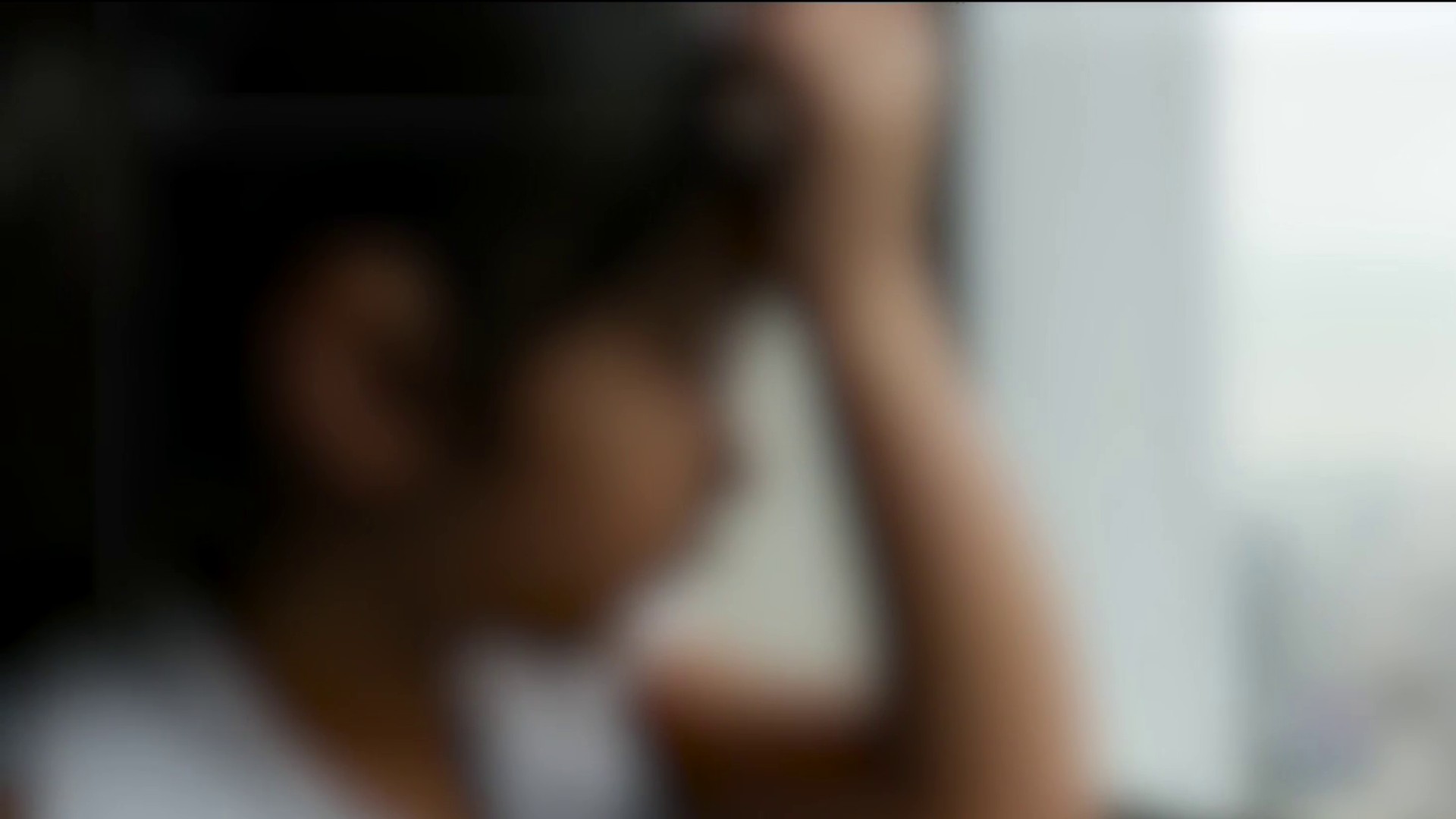Practicing Jujitsu and playing games, Bianca Salgado is desperate to keep her two boys, ages 6 and 11, busy during the coronavirus pandemic.
“The part where it's gotten us all like, we're so done with it, is being inactive at home,” Salgado said.
Salgado is worried about their physical health, but also their mental health. “It's more tears. More than anything,” Salgado said, describing the emotions her youngest son, Aaron, is displaying during this pandemic
Salgado said Aaron needs more hugs, is crawling into bed with his parents and having anxiety attacks. They’re familiar with anxiety attacks because they have experienced them with Aaron’s older brother.
“It's very hard to tell if it's something that manifests through the quarantine situation or if it's something that he's gonna need help with in the long run,” Salgado said.
Many families with young children face the same dilemma, according to Katie Conklin, executive director of Tuesday’s Child, a non-profit that helps families with children age 18 months to 6 years old, experiencing behavioral issues.
“A lot of the kids that we work with had already been kind of at-risk for struggles. And so they're just exemplified in the house,” Conklin said.
During this pandemic, Tuesday’s Child has seen an increase in families seeking help.
“We have parent training for parents, and kids receive intervention in the context of a classroom,” Conklin said.
Another program seeing an increase in demand is the Little Ones program at Lurie Children’s Hospital.
“There's limited structure now because we're home. So, kind of people have forgotten their rules or their limits in their house, and things have gotten trickier to navigate,” said Dr. Miller Shivers, a clinical psychologist and director of the program that addresses parents’ concerns for kids up to age four.
“Sleep is huge and the other one is just like negative behavior tantrums and not listening,” Dr. Shivers said.
According to Dr. Shivers, defiant behavior and tantrums could be signs of anxiety.
“There is a huge surge of anxiety in young children. And I think, you know, as the pandemic slows down or comes to an end, what is that going to look like?” Dr. Shivers said.
When it comes to seeking help, “It doesn't have to be, ‘I think something is terribly wrong with my young child.’ It just has to be, 'This is really disrupting our family and how can we get some help getting back on track?'” said Dr. Shivers.
Experts advise parents to come up with a new pandemic routine. “I think in this time it feels like we don't have structure, but kids really thrive in structure,” Conklin said.
They also recommend parents and caregivers remain consistent with both praise and punishment and practice self care.
“I think as parents we have to take care of ourselves because if we're overreacting or reacting really harshly to things, it only makes it worse for our children,” Dr. Shivers said.



